Exclusive Content: Only for Fiduciary News Newsletter Subscribers!
Maybe we can learn something from Wisconsin’s protesting public employee unions. Maybe there’s something more to being a fiduciary. Something even the DOL doesn’t tell us. In the meantime, why do you think the 401k is on every  financial reporter’s hit list nowadays? In a story that ran on February 23, 2011 (“Is the 401k DOA? Time to Bring Back Pensions? Fiduciary Implications for Corporate Plan Sponsors”), Fiduciary News interviewed experts from across the nation to find the answer.
financial reporter’s hit list nowadays? In a story that ran on February 23, 2011 (“Is the 401k DOA? Time to Bring Back Pensions? Fiduciary Implications for Corporate Plan Sponsors”), Fiduciary News interviewed experts from across the nation to find the answer.
The article subsequently generated a heated debate among at least a few readers, judged by the comments on various LinkedIn groups. Here’s a sampling of the best of those comments and some comments on those comments. These are actual comments (with some minor editing for spelling, punctuation and grammar) from actual people. We’ve hidden their names and generalized their position to give you a sense of their point of view – and maybe break some stereotypes at the same time.
PR firm executive • I handle PR and media relations for many advisors, CFPs, RIAs, CPAs, mutual funds, etc. I’d have to disagree with the assertion that the media has the 401K on its hit list. In fact, I have many a client that uses the media coverage we earn for them to advocate the vehicle’s benefits as part of a retirement plan.
While we don’t doubt this executive’s clients’ good fortune, we would encourage him to peruse the last several weeks of “Trending Topics” articles on the Fiduciary News web-site. There this PR firm executive would find many linked references to these types of negative stories. What’s significant with these links is that the articles aren’t in trade magazines but in mass media outlets.
Another executive from the same PR firm • I think the average experience of a 401k participant is what is driving the negativity. The reality is that for every well-intentioned, education rich 401k plan, there are two or three plans that offer very little flexibility or education for the participant. Plan sponsors generally have a disconnect between the “benefit” and the actual benefits that a 401k plan represents. Defined benefit plans are a dinosaur in that no business would willingly bring that liability back on its books without a HUGE personal benefit for the business owner/plan sponsor. Media coverage of 401k’s generally includes pro and con voices on the subject. The social media response to traditional media coverage is where the negativity really lives.
Ironically, in the week following the original Fiduciary News story, The Wall Street Journal, CFO Magazine, CNBC, USNews.com and CBS MoneyWatch each posted negative 401k stories. Most journalists rightly underplay the goings on in the netherworld of social media (we’re not talking about well-thought out blog posts with a plethora of citations, but the 140 character ramblings that make a good sound bite but nothing more).
Consultant to Financial Service Providers • The problem with the average 401K plan is their annual costs to the participants are very high, with most of the costs unknown to the participants or even the sponsors. It isn’t unusual for us to see total annual participant costs exceeding 3% a year. Also, the average 401K plan provides no guidance to the participant, as far as setting up the ideal allocation for their risk profile. I’d gladly help anyone evaluate their current 401K provider and plan.
We guess one way to answer the question is to merely agree with the premise behind the negativity. Of course, if you’re a consultant, negativity is the fuel to convincing prospects they have a problem. And, if you’ve got a problem, this consultant will “gladly help.”
ERISA attorney • I’m seeing successful ESOPs ($915 billion; 15% of all DC funds) provide employer-funded benefits to participants comparable to the old DB benefits; this is one retirement approach to speak out in favor of. Regrettably, I do not see DBs returning to the private sector.
Let’s set aside the dangers of retirement ESOPs (since where not sure where to find the former workers of Color Tile, Enron and Global Crossing, to name a few) for the same reason we shouldn’t take investment advice from an attorney (would you take legal advice from your investment adviser?). We can’t tell what this ERISA attorney regrets, but this next comment provides a hint as to why pensions won’t be returning to the corporate world anytime soon.
Investment Adviser • When you decide to trash the 401k and go to a defined benefit approach, also ask who is going to pay for the pension benefit.
Therein lies the true problem of pension plans – a growing liability that can easily become unfunded. Picture the power of compounding, only in reverse. Still some brave souls feel a simple asset allocation readjustment might provide the answer.
Broker • no…..not until advisors to pension plans realize their investment strategy are not equivalent to the strategies used in defined contribution plans. There is, in my world, a recognition of the wisdom of adding a cash balance plan to an existing defined contribution plan.
It’s his world, and welcome to it.
Union Pension Plan Executive • I do not see this as a “zero sum” game…there have been many news articles promoting or condemning DB plans and DC plans. Part of that is the nature of today’s media – everything is reduced to “bite size” pieces. But retirement savings is a very complex matter not easily reduced to bite size pieces without oversimplifying the situation. I know of quite a few organizations that offer both DB and DC options – although the number offering DB plans has significantly dropped in recent years. In fact, I believe a hybrid combination of DB and DC is probably the best way to achieve inherently conflicting objectives. Also, I would note that in comparing the relative costs to a private entity of a DB vs. DC plan will sometimes show the DC plan costs the sponsor more than the DB option but the DB liability is greater. Generally speaking I would argue that a combination of a modest DB and a modest DC plan holds the greatest promise to achieve multiple goals.
The “greatest promise” is an ideal that crumbles in the face of potentially unfunded liabilities. Therein resides the problem. Perhaps DB plans work best in small professional offices were the business owners, as the highest paid employees, can shrug off the liability.
Investment Consultant • Frankly, I haven’t seen a lot of evidence that the 401k is “on every financial reporter’s hit list.” If they’re critical, they’re critical not of the 401k itself but of the methods providers used to educate or miseducate participants. Plan sponsors and providers should have done a much better job about educating investors about the risks of undiversified portfolios and overconcentration in company stock or about using outdated total return assumptions (does ANYONE use the default 8% annual return assumption in their retirement calculators anymore? Shame!). But this is a problem with advice, not with the plan itself. In reality, a 401k plan is far safer for participants than a pension. I can’t tell you how many people I know who were near-lifers at a company that went bankrupt and lost all the pension benefits they were hoping to retire on. And right now, underfunding in state pensions are draining state treasury budgets and some states are refusing to fund these obligations. Relying on pension committees to make prudent decisions free of conflicts is a losing game, particularly at the state level where many committee members are former investment company employees and expect to go back to these companies when their term is over. People may complain about 401k plans, but they’re still the safest and most flexible retirement saving option for employees – and the one over which they have the most control. Of course, they must exercise this control responsibly.
This investment consultant not only caught Fiduciary News using an unhedged hyperbole, but artfully articulated the true problem with both 401k plans and pension plans and concludes oh so accurately with a demand for personal responsibility.
Trust Officer • It would appear premature to think that the old defined benefit pension plans are going to make a comeback, let alone replace the all too popular 401k plan. We witnessed a move away from defined benefit pension plans to defined contribution plans for several good reasons that include participant directed control over investments, less liability to the employer, online access to trade accounts, as well as the ability to change deferral rates, adjust investment election percentage and transfer balances within the plan. Employers were also relieved form a financial statement perspective in that defined contribution allocations were not required to be carried on the financial statement of the company as a liability, let alone the cost of contribution pressure that accompanies defined benefit pension plans. It’s not the plan type that is broken. It’s the amount being contributed. A huge majority of our workforce does not contribute nearly enough to support a realistic lifestyle in retirement years. Combine that with a questionable social security system and there is great reason for concern about the sustainability of really any one retirement plan type. If we were to bring back the defined benefit pension plan, it would need to return as an additional benefit plan, not a replacement.
This trust officer, after cogently explaining why the 401k plan has replaced the pension plan, wisely brings the issue back down to individual decision making and actions.
Another Broker • What’s more important is that the DB plan is not guaranteed to be there when the employee retires (ask the Delta and Northwest pilots how it worked out for them). Additionally, most people do not stay with one employer for a lifetime anymore. At least with a DC plan, the employee has some measure of control. The main problems with the 401ks are related to fees and disclosure. The most important issue is that employees do not contribute enough to fund their retirement. Until we find a way to address that (mandatory contributions, anyone?) and not allow the owner to tap/close the account prior to retirement, we’ll continue to have people believe that the program does not work.
This broker demonstrates he read the original Fiduciary News article.
Systems Analyst • I don’t know about going back to Pension Plans. It seems rather improbable, at least at this juncture, given employers are struggling to meet payroll and are anemic in hiring, let alone having to satisfy Pension Funding Requirements. I think the negative media regarding DC plans has more to do with the general issue of people being in the situation today where the priority is surviving financially in the short term. With unemployment being stubbornly high, and the economic recovery and job growth being as sluggish as it is today, the last thing on many people’s minds is saving for retirement. Even those fortunate enough to still be employed, their dollar is getting stretched more and more to meet the costs of living today. When push comes to shove, making the rent today takes top priority over retirement. Every time, hands down. Whether funded by the employer (Pension) or the employee (DC Plans), neither party has the money right now. Long range, down the road, this of course is all very problematic as the current working generation may be the poorest in history when it comes time for retirement.
This person shows why systems analysts are good at analyzing systems. The problem, given today’s particular snapshot in time, can appear dire. The good news, however, is that the economy moves in cycles.
Yet Another Broker • I personally don’t think pensions have any chance of coming back in a meaningful way. Economic realities and the business focus of shifting retirement responsibility to the individuals would be hard to overcome. Are 401k plans bad? Of course not. But as was wisely pointed out the media needs things to be sound bite simple. If we really want to point fingers at this problem, I’d look at the “financial entertainers” who write a book or shout on CNBC. They are “experts” who claim the one size fits all solution works. If they didn’t they couldn’t sell books or gain loyal followings on TV. So what is the real solution? While my company does the big plans it is supported by real conversation with individual employees. The systems behind a 401k have all focused on big numbers with minimal service. That is on us as an industry. What I like about this group is that we are more independent minded and can change the CULTURE of planning in a real way. Let’s toss out solutions that everyone can adopt. I’d love to hear what others have done to help their clients succeed.
This reader bravely takes on the big brothers of the financial industry. In a sense, this comment strikes a chord with an earlier comment about how DC strategies must differ from DB strategies. In the DB world, by definition one size must fit all. In the realm of the DC plan, each must forge their own “size” or path to retirement. Service providers who try to force one-size-fits-all solution to a DC doom that plan to failure.
Another ERISA Attorney • There are a few issues, but three continue to stand out for me: First, is a coverage issue – less than half of American wage earners have a plan through work, so many of the academics who have the ear of the reporters want some sort of a mandatory sidecar to social security with a mandated annuity payout, or Automatic IRA; Second, too many people who have access to a plan at work don’t save, and of the others who do participate, too many simply don’t save enough, and Third, too many workers look at the 401k as something linked to their current employer – and while that is true, too often it leads to leakage at separation… and given the fact that the average tenure is still only about 5 years (recent EBRI study), we still see too much leakage at separation. We all know individual success stories where the 401k has been successful. The criticism is simply that not everyone succeeds… but they wouldn’t if all had DB plans, either…
This comment proves all things come in threes – and there’s no perfect answer. Again, as with the others, this ERISA attorney emphasizes the importance of personal responsibility – and the success it can offer.
Insurance Agent • At a time of historic underfunding of defined benefit plans and a basically bankrupt PBGC, the only people who seem to be in favor of defined benefit plans are those who don’t understand the real risks, mainly that the risk bearer, be it a corporation or some government entity, may not have the money. At least with a defined contribution plan, the participant controls their own destiny. What this really is would be a subset of the great debate our nation is having right now. Is the government the solution, or is it the problem? Do we want government to dominate our lives as a nanny state, or do we want as a people the opportunity to succeed, knowing some of us might fail?
This insurance agent minces no words in beautifully summarizing both the practical aspect of the debate (that’s the part with the dollar signs, specifically, the lack thereof) and the philosophical aspect of the debate (that’s the part that brings visions of the Founding Fathers in your head as you read it).
Financial Writer • In many cases, the underfunding from corporations was a violation of contractual rights with union workers. At other times, pension plan assets were simply raided and used as money for corporate takeovers (remember Bonfire of the Vanities?). Similarly, the federal government violated the Social Security “lockbox” idea and borrowed from that. Finally, every major pension plan in the US, corporate, public, charitable, used professional pension plan consultants, lawyers, money managers, and actuaries to establish, review and monitor each plan. Every one of those professionals was paid for their services. So if the plans have failed, it also reflects on all the professionals who signed off on those plans. If plan management defaulted on payments, though, there is nothing which can be done to save a plan, but at least you can assign accountability to senior managers.
So, according to this financial writer, high fees cause pension plan problems and, according to our first consultant, high fees cause 401k plan problems. Perhaps 401k 2.0 isn’t such a bad idea after all.
The Same Insurance Agent • (In response to the financial writer) I don’t think the reason’s really matter as much as the reality that pension’s, union or not, are no panacea for retirees. At least with a 401k, the assets are protected from creditors and the employer.
The cool-headed insurance agent stays on point and scores again!
As many readers pointed out in their comments, the philosophical chasm between 401k plans and pension plans is as wide as that between the American ideal of individual freedom and the European tradition of feudal collectivism. The concept of the 401k relies on personal responsibility where the most disciplined investors reap the biggest rewards. The concept of the pension plan leads to Ponzi-like liabilities that can eventually bankrupt the sponsoring institution.
Perhaps we can turn to one of the greatest of American statesmen – the character Otter from Animal House – to see how he might comment on the issue (with apologies to Douglas Kenney, Chris Miller, & Harold Ramis):
The issue here is not whether we failed a few retirees, or took a few liberties with our return assumptions; we did. (winks) But you can’t hold the whole 401k plan system responsible for the behavior of a few misguided, undisciplined individuals. For if you do, then shouldn’t we blame the whole ERISA system? And if the whole ERISA system is guilty, then isn’t this an indictment of our government regulators in general? I put it to you! Isn’t this an indictment of our entire American society? Well, you can do what you want to us, but we’re not going to sit here and listen to you bad-mouth the United States of America! Gentlemen!
Modern machinery blesses us with the ability to get information out ever more quickly. In addition, it provides a forum for people with different experiences and different views to exchange ideas, offer solutions and rhetorically joust with their contemporaries. Indeed, one might ask, “Do we need formal public hearings anymore?” A well-monitored internet debate offers instant access – and an instant transcript – to many more people than traditional brick-and-mortar based public hearings. Perhaps today’s technology will eventually redefine what “public” means in such a way that any public meeting not simultaneously available on-line would be considered a “closed” meeting. So, rather than trashing the American ideal of individual responsibility, perhaps we should use it to find better solutions. Welcome to a new America.


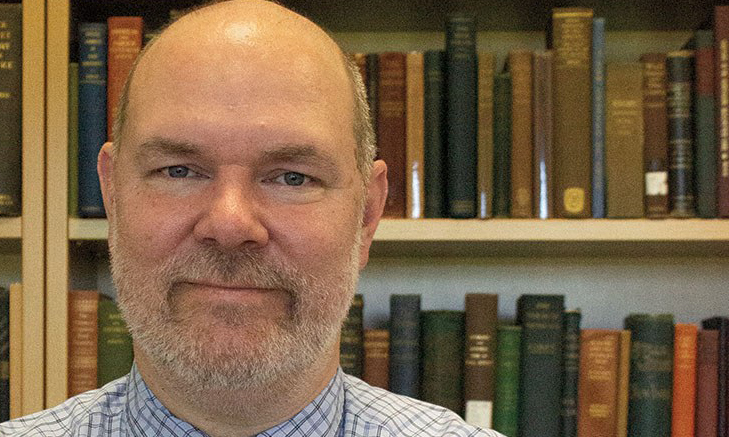















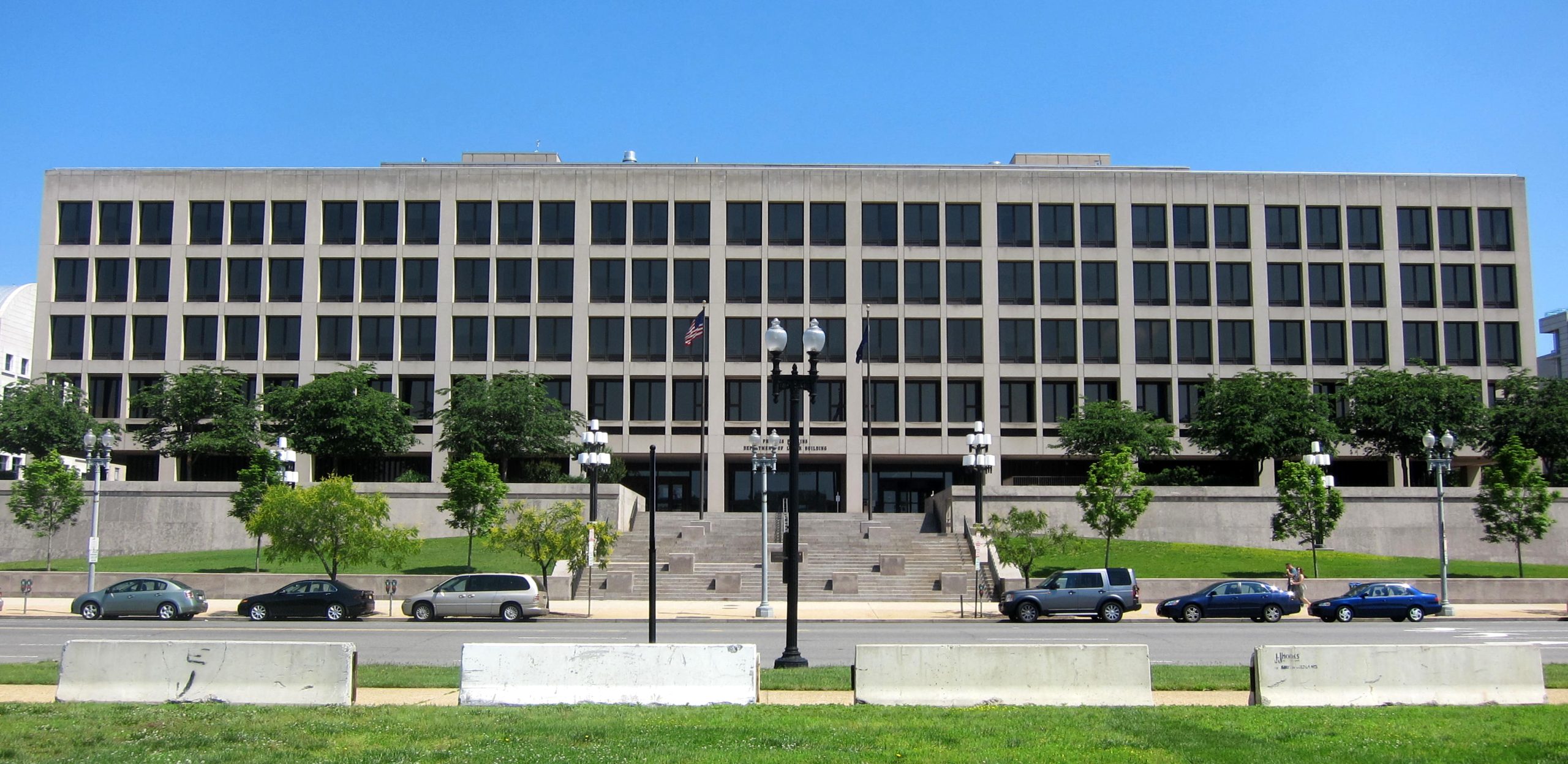


























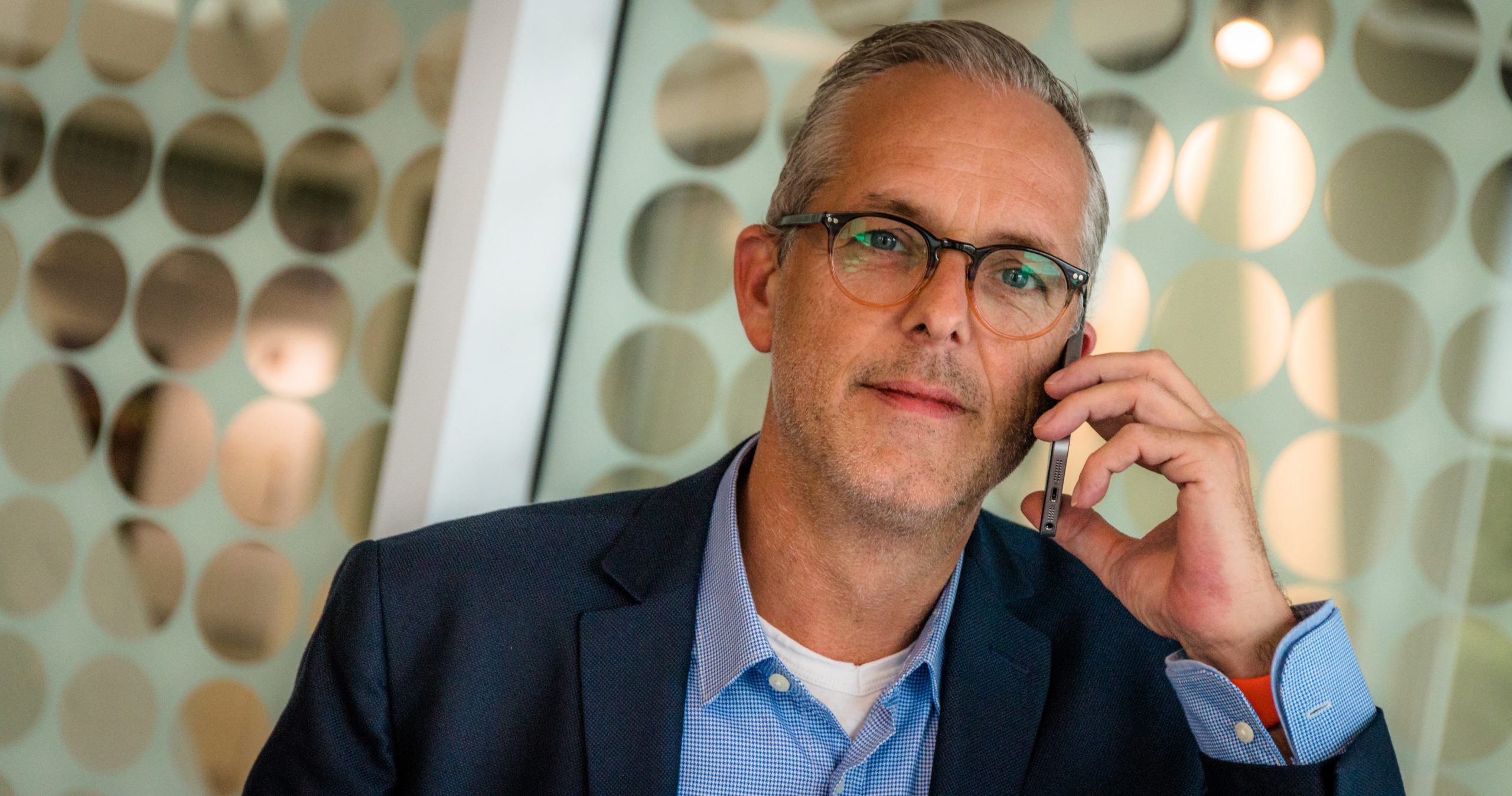
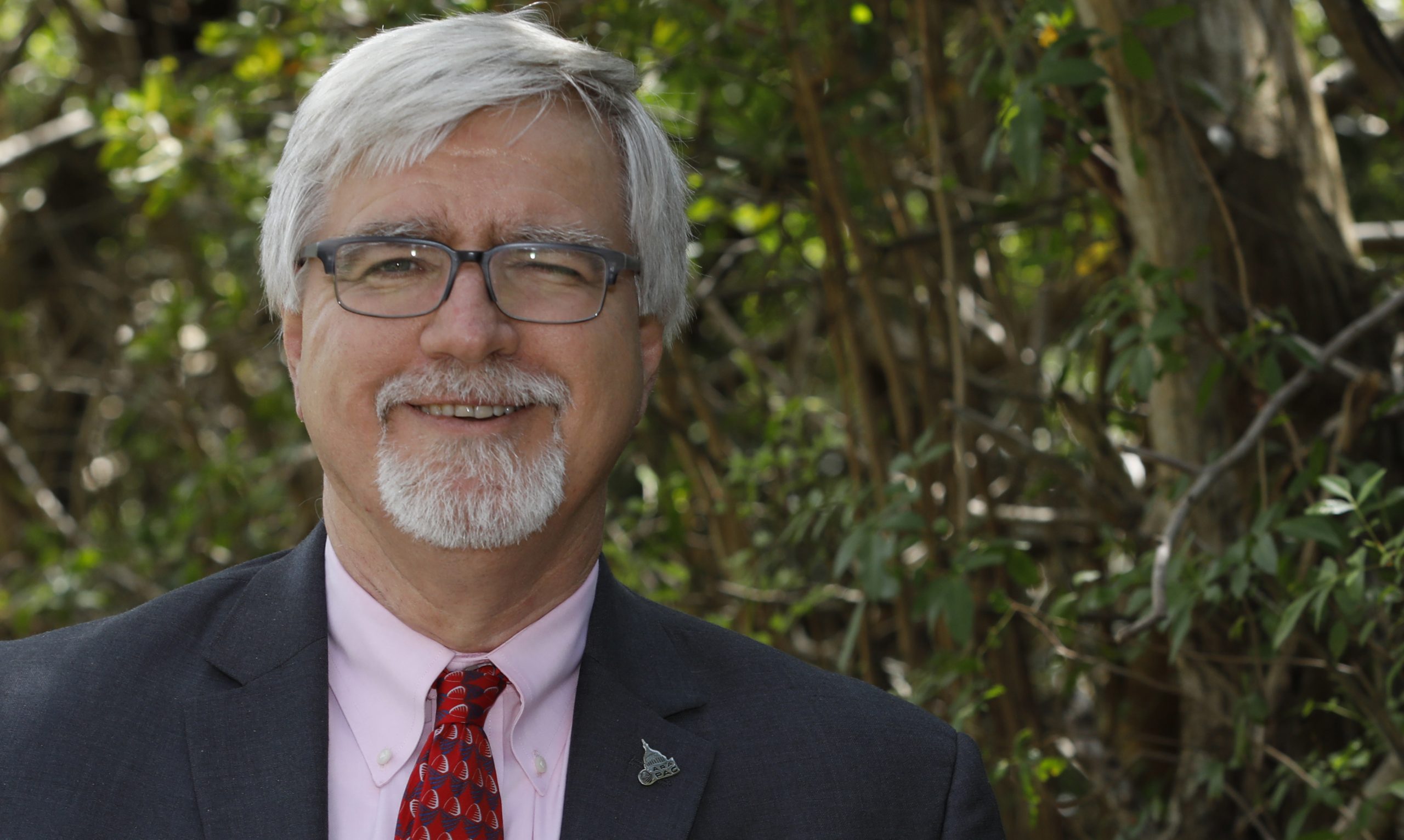


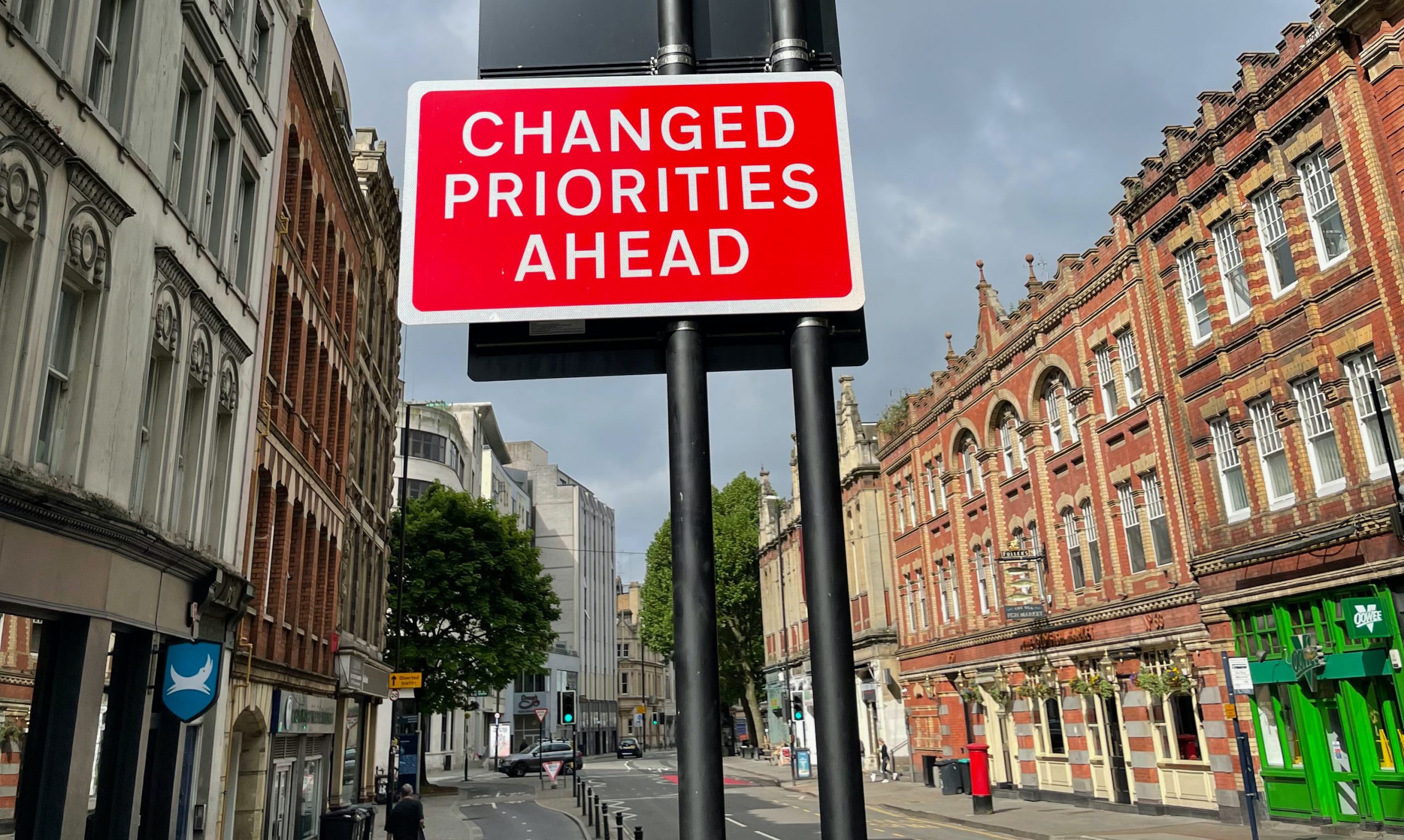



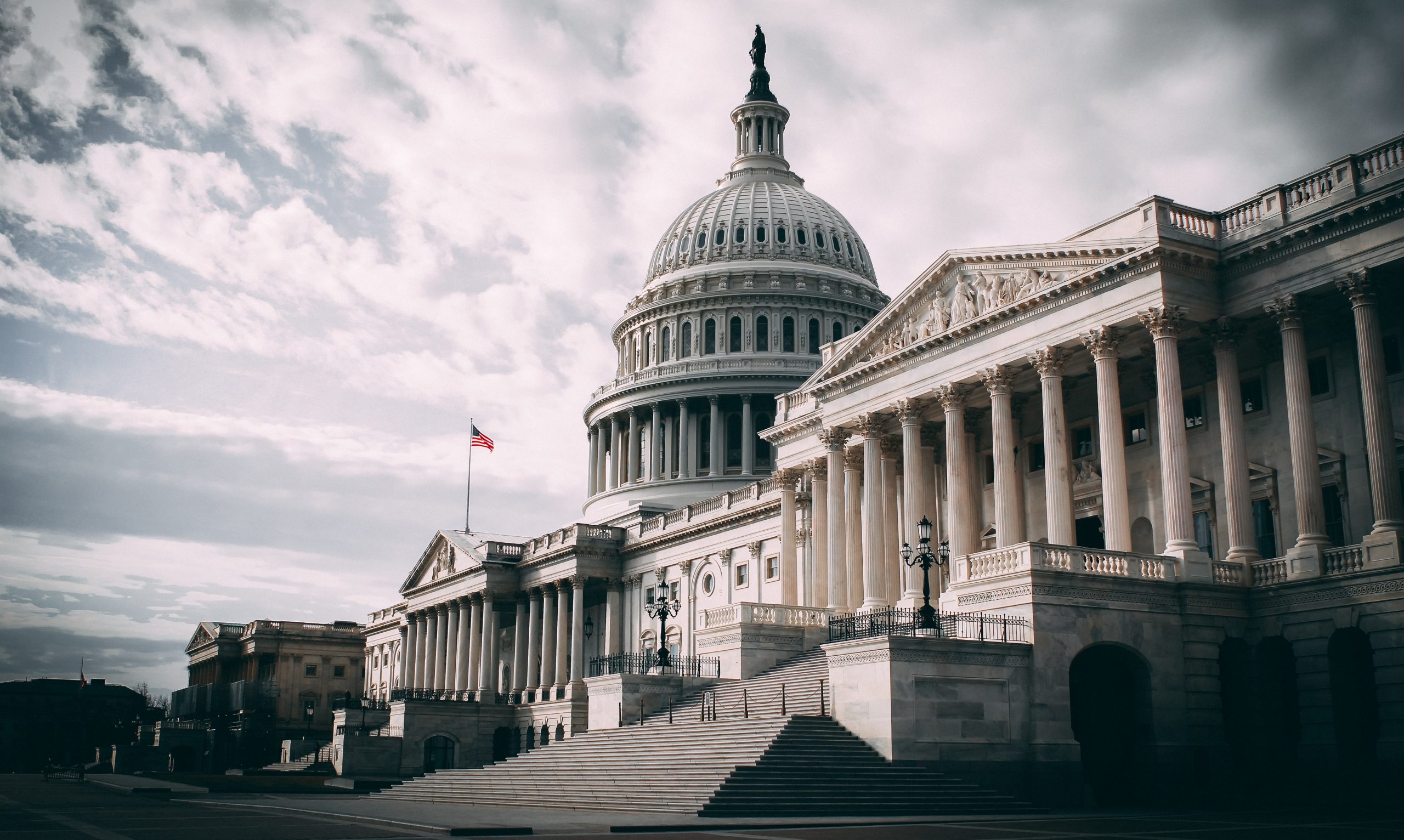




The comments were a fascinating read. However, I think we will all find out that 401K will turn out to be a grand experiment that did meet the objective of taking the place of the pension plan. As we look at the industry today, we are trying to incorporate defined benefit principals into the K Plan. Auto enrollment, guaranteed income options, trustee direction of employee contributions (for employers who do not educate participants) etc. Why not requried employee contributions into a pension plan with mandatory employer contributions (no contribution holidays) professional money management with life certain benefits at retirement. Do we really think that dumping a $500,000 lump sum on the averge american at retirement and telling them they have to manage this for the rest of their life is going to work? the average ameican still does not balance his checking account. as far as employers, they are ahead of us. they are more interested in DB plans then we think. They recognize that the cost of maintaining a DB plan is less expensive then having a company full of 65-70 year olds who do not retire because they cannot afford too. Corporate America needs to have a program that allows for the orderly transition of the average worker from hire to retirement in a pre-determined way. Productivity requires it.